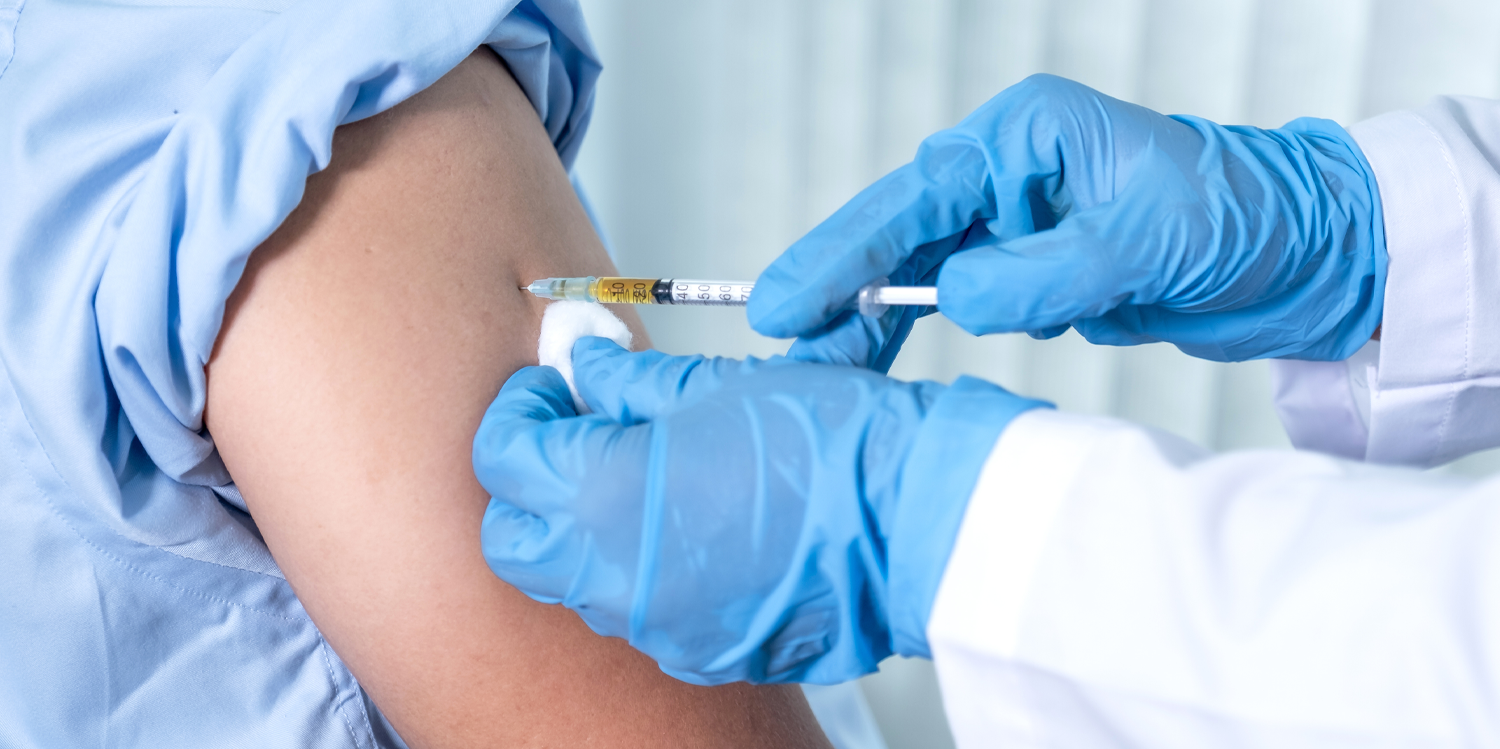 Doctors and other health practitioners who administer vaccinations as part of their work may want to consider which arm they administer booster shots in.
Doctors and other health practitioners who administer vaccinations as part of their work may want to consider which arm they administer booster shots in.
A study led by the Garvan Institute of Medical Research and the Kirby Institute at the University of New South Wales has found booster vaccinations to be more effective when administered in the same arm as the initial dose.
Published in the journal Cell, the new insight could help improve future vaccination strategies.
The researchers found that when a vaccine is administered, specialised immune cells called macrophages became ‘primed’ inside lymph nodes.
These macrophages then direct the positioning of memory B cells to more effectively respond to the booster when given in the same arm.
The findings, made in mice and validated in human participants, provide evidence to refine vaccination approaches and offer a promising new approach for enhancing vaccine effectiveness.
“This is a fundamental discovery in how the immune system organises itself to respond better to external threats – nature has come up with this brilliant system and we’re just now beginning to understand it,” co-senior author Professor Tri Phan said.
RELATED: Vaccine hesitancy on the rise in WA
To determine the relevance of the animal results to human vaccines, the team at the Kirby Institute conducted a clinical study with 30 volunteers receiving the Pfizer-BioNTech COVID-19 mRNA vaccine.
Twenty participants received their booster dose in the same arm as their first dose, while 10 had their second shot in the opposite arm.
“Those who received both doses in the same arm produced neutralising antibodies against SARS-CoV-2 significantly faster – within the first week after the second dose,” co-first author Alexandra Carey-Hoppé said.
“These antibodies from the same arm group, were also more effective against variants like Delta and Omicron. By four weeks, both groups had similar antibody levels, but that early protection could be crucial during an outbreak,” co-senior author Dr Mee Ling Munier, said.
RELATED: Free flu vaccinations in WA this winter
He said while research shows that over time the difference in protection diminishes, during a pandemic, those first weeks of protection could make an enormous difference at a population level.
Beyond the potential to refine vaccination guidelines, the findings offer a promising avenue for enhancing the effectiveness of vaccines.
“If we can understand how to replicate or enhance the interactions between memory B cells and these macrophages, we may be able to design next-generation vaccines that require fewer boosters,” Professor Phan said.
Want more news, clinicals, features and guest columns delivered straight to you? Subscribe for free to WA’s only independent magazine for medical practitioners.
Want to submit an article? Email editor@mforum.com.au

